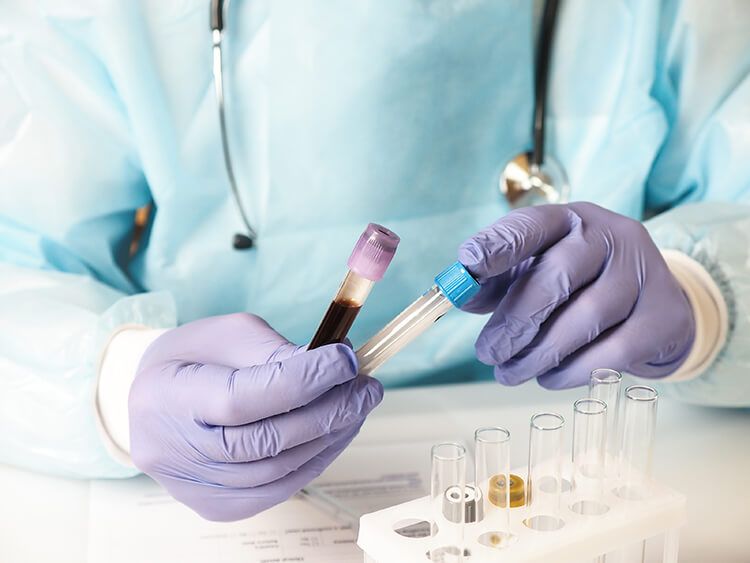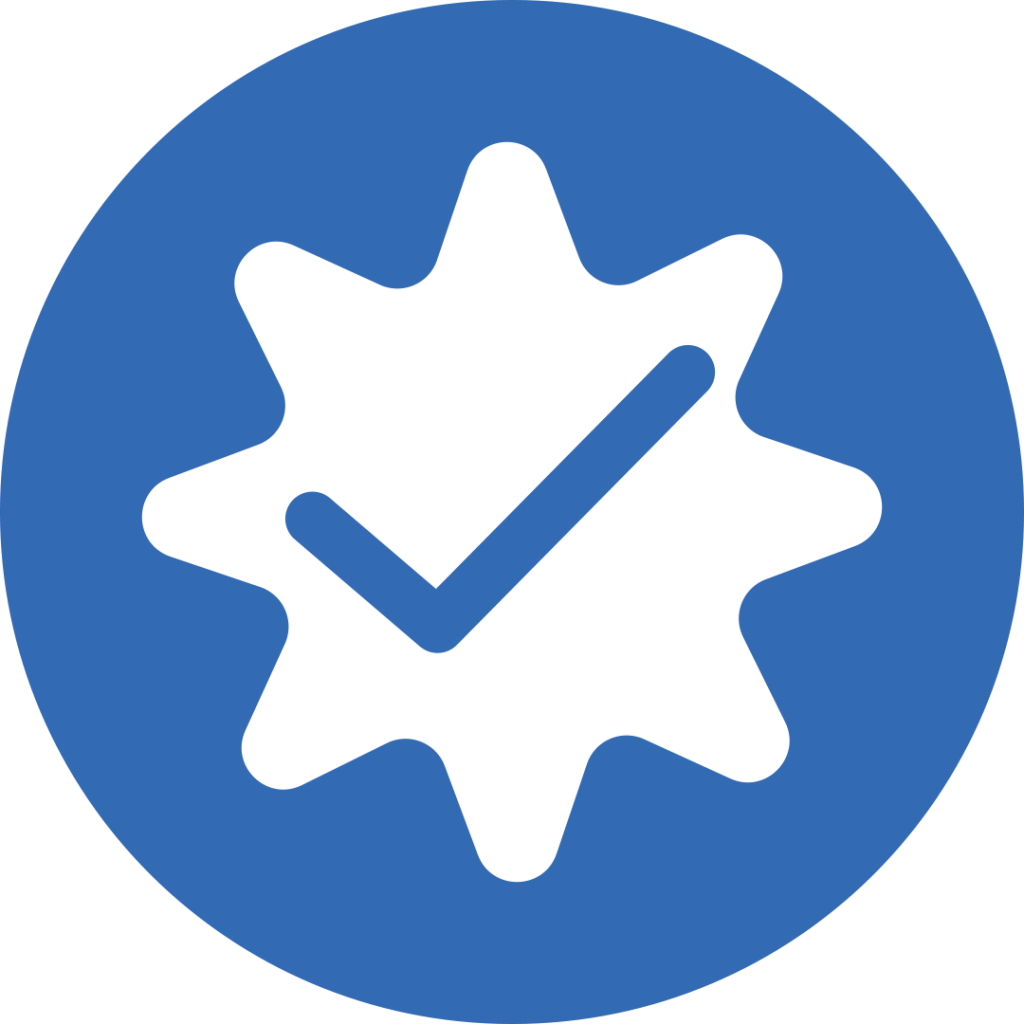
What do the diagnostic tests for medicine levels measure?
The diagnostic tests for medicine levels measure the amount of certain medications in the patient’s blood.
Based on the test results, the treating physician adjusts the dosage of the treatment accordingly to avoid unwanted side effects.
The test is also called therapeutic drug monitoring (TDM). Its purpose is to ensure the amount of medicine taken by the patient is both safe and effective.
What do the diagnostic tests for medicine levels detect?
The diagnostic tests for medicine levels show the concentration of pharmaceutical substances in the patient’s blood.
Specifically, they can detect:
- acute toxicity due to drug overdose in a short period of time
- chronic toxicity due to long-term exposure and toxic accumulation of a particular drug
The regular monitoring of the concentration of a medicine in the body helps maximize the therapeutic effect.
The target is to protect the patient from the toxic effects of some medicines, especially in long-term use.
What substances can therapeutic drug monitoring measure?
Indicatively, the therapeutic drug monitoring can measure the following pharmaceutical substances:
- Valproic Acid
- Phenytoin
- Lamotrigine
- Phenobarbital
- Carbamazepine
- Oxcarbazepine
- Amiodarone
- Levetiracetam
- Lithium
- Digoxin
- Digitoxin
- Hydantoin
- Cyclosporine
- Clozapine
- Vancomycin
- Theophylline
Toxicology tests for drug substances
Toxicology tests for drug levels check the patient’s urine sample for the most common addictive substances.
It is a fast and reliable diagnostic test used to detect substances such as:
- Cocaine
- Amphetamine
- Methamphetamine
- Hashish
- Ecstasy
- Heroin
- Benzodiazepines
Medicine levels and toxicology tests at PLUS diagnostic center
PLUS microbiology laboratory performs a wide range of diagnostic tests for the measurement of medicine levels and addictive substances in biological fluids.
With discretion and professionalism, our staff takes blood and urine samples during the laboratory’s working hours.

Validity
State-of-the-art analyzers for quick and valid results.

Discretion
Confidentiality and discretion from sampling to delivery of results.
Frequently Asked Questions
A drug test analyzes a urine sample with the immunochromatographic method to determine the presence or absence of drugs and their main metabolites in human urine.
It is a fast and reliable diagnostic test that detects the most common drugs.